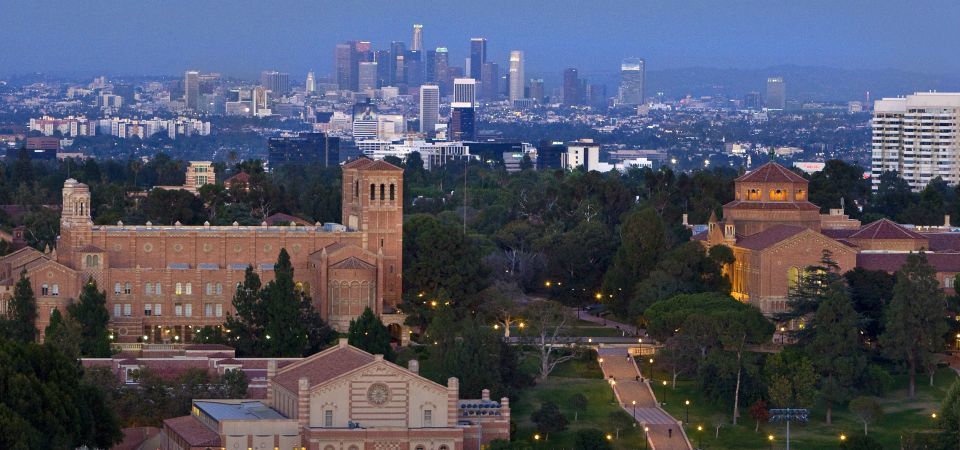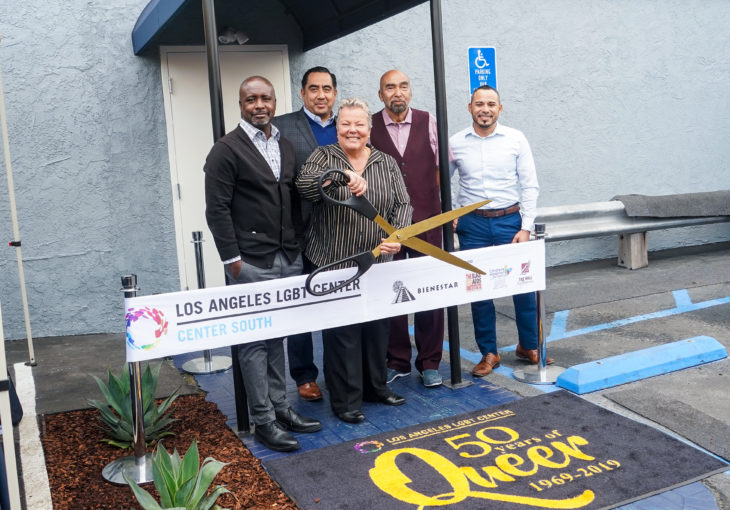The University of California (UC) Board of Regents voted on March 15 to increase tuition for non-resident students, although board members said the hike could be eliminated if the state increases funding for the system.
The board, on a 12-3 vote, approved a 3.5 percent increase in non-resident supplemental tuition, taking it from $28,014 in 2017-18 to $28,992 for 2018-19, a $978 increase.
Costs for non-resident students could increase again in two months, when the board may consider a 2.7 percent boost in the UC system’s base tuition for both in-state and out-of-state students. The board delayed a vote on that increase pending discussions with the state Legislature about increased funding.
Lt. Gov. Gavin Newsom, a gubernatorial candidate, urged the board to delay the decision on non-resident supplemental tuition as well, but the regents went ahead with the vote.
According to a staff report, UCLA, UC San Diego and UC Berkeley are “especially reliant” on the non-resident tuition fees. Thanks to the revenue, UCLA was able to increase space in key undergraduate courses by 26 percent, despite a decrease in funding from the state. UCSD, meanwhile, used the revenue to create a Teaching and Learning Commons and fund programs to boost diversity and graduation rates.
The board’s vote included an amendment calling for the tuition hike to be rescinded if lobbying efforts at the Legislature lead to increased funding. But staffers said an increase is unlikely.
“As funding for campus services and programs is shifted to (non- resident supplemental tuition), the need for moderate and predictable increases to that revenue source becomes more important,” according to a staff report.
“The university does not expect the state to provide additional support in 2018-19 to buy out the proposed NRST increase of $978 that was included in the university’s 2018-19 budget plan.”























